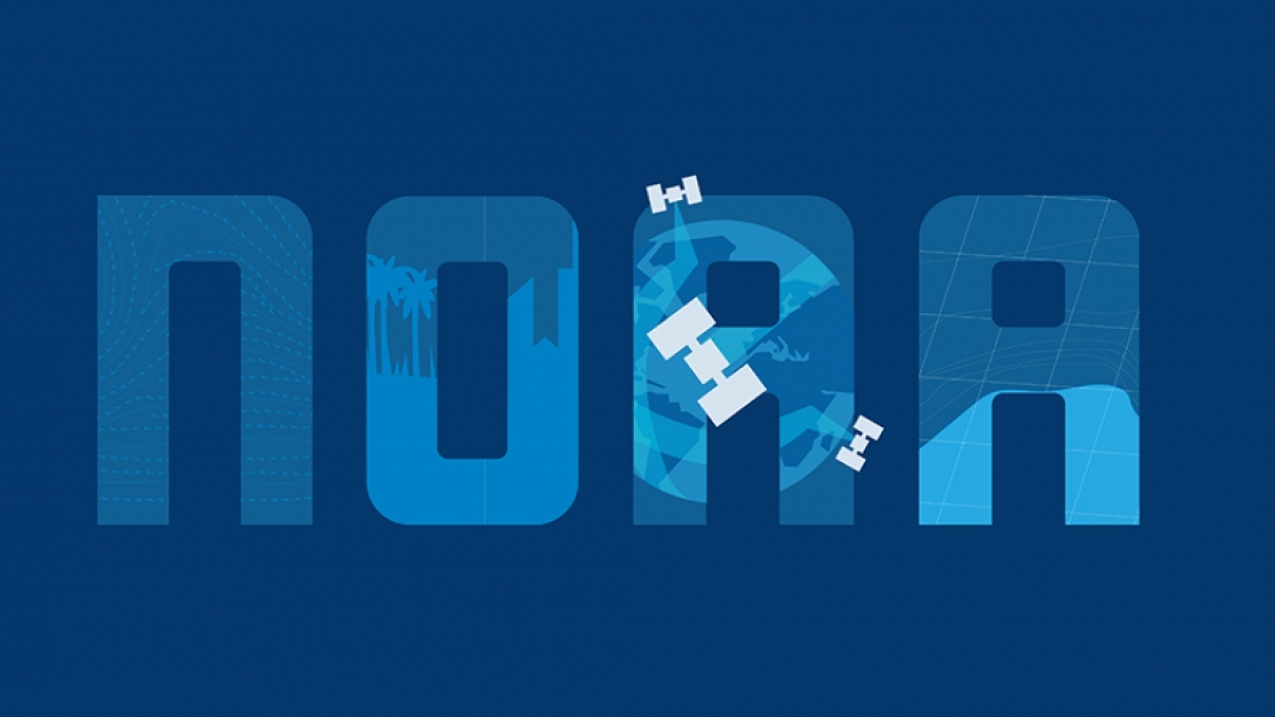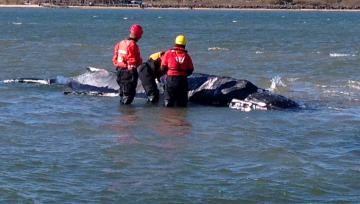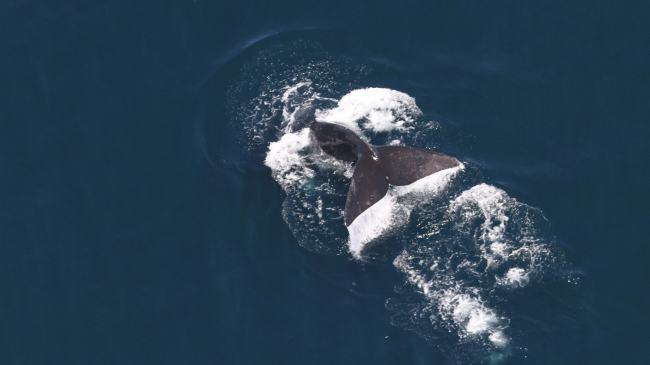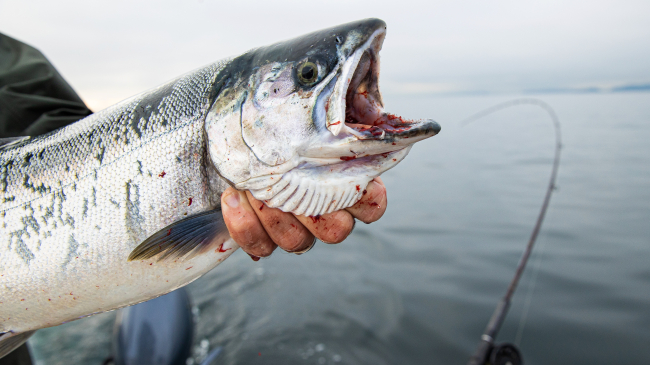
Welcome to noaa.gov (Image credit: NOAA)
A veterinary team from NOAA, the Riverhead Foundation for Marine Research and Preservation, International Fund for Animal Welfare, and North Carolina State University has issued the following update on the fate of a humpback whale which stranded Sunday, November 20, in Moriches Bay:
“The veterinary team assessed the animal this morning and determined it was thin, limp, weak, minimally responsive, had evidence of neurological abnormalities, and extensive skin injuries with evidence of infection. Based upon these findings, the most humane option was to euthanize the whale since its chance of surviving in the wild was minimal. The whale was successfully euthanized using injectable medications with the time of death being approximately 1:20 p.m."
Experts add that the animal will soon be moved to a safe location for necropsy to study what caused the stranding, which may reveal important information about how to prepare for or respond to future events.

The whale, which was first reported last week feeding in Seatuck Cove, stranded in very shallow water (1 to 2 feet) in Hart’s Cove. Riverhead Foundation attempted to help move the whale off the sandbar on Sunday afternoon, but was unsuccessful. The whale wasn’t able to free itself during the subsequent high tide cycles, and efforts to create wave action by boat to aid the animal’s movements also failed. Marine mammal biologists are working with NOAA’s Office of Law Enforcement, the U.S. Coast Guard and the New York Department of Environmental Conservation to ensure the safety of the public.
"We are deeply grateful for the assistance provided by our partners with the State of New York, including Governor Cuomo himself in making state assets and personnel available to us immediately," said John Bullard, director of NOAA's Greater Atlantic Regional Fisheries Office. "It's clear that this response was not limited by resource availability; rather, the tidal conditions and other oceanic or biological factors that led to this stranding overtook any ability by our responders to rescue it. We are thankful to our partners and the community for their caring response and respect for law enforcement as we pursue this humane option."
Generally speaking, when large whales strand (even if they were previously observed feeding), there may be underlying health issues such as illness or malnutrition. Thus, refloating a large whale may not be in its best interest, as it is already sick. Additionally, marine mammal biologists warn that efforts to haul whales off beaches can cause more harm to the animal as strong pressure on the tail or flippers can result in internal injuries, and put people involved at risk.
While it is not common to see humpback whales within Moriches Bay, it is common to see them off the south shore of Long Island, and several other animals have been sighted further west and off the New Jersey coast in the past several days.
NOAA recently revised the Endangered Species listing of humpback whales globally earlier this year and a number of populations are no longer listed, including those most commonly found off New York. However, humpback whales are still protected under the Marine Mammal Protection Act.
NOAA asks that any information on this event or other stranding emergencies be reported to 631-369-9829. Reports of harassment may be made to NOAA Law Enforcement at 1-800-853-1964.
Media contact:
Kate Brogan
202-603-6951




